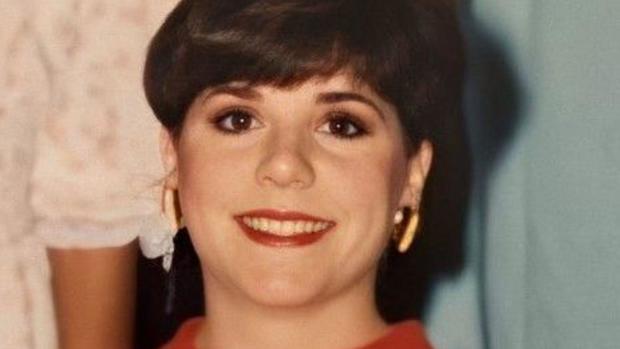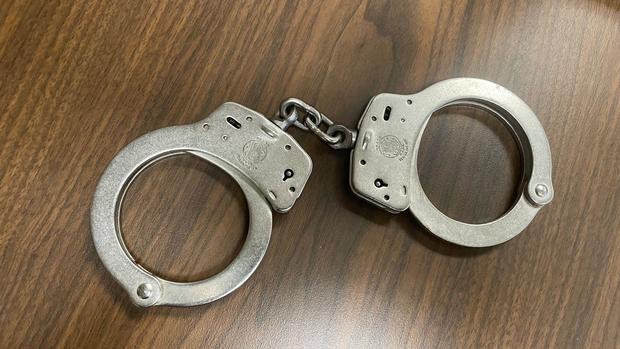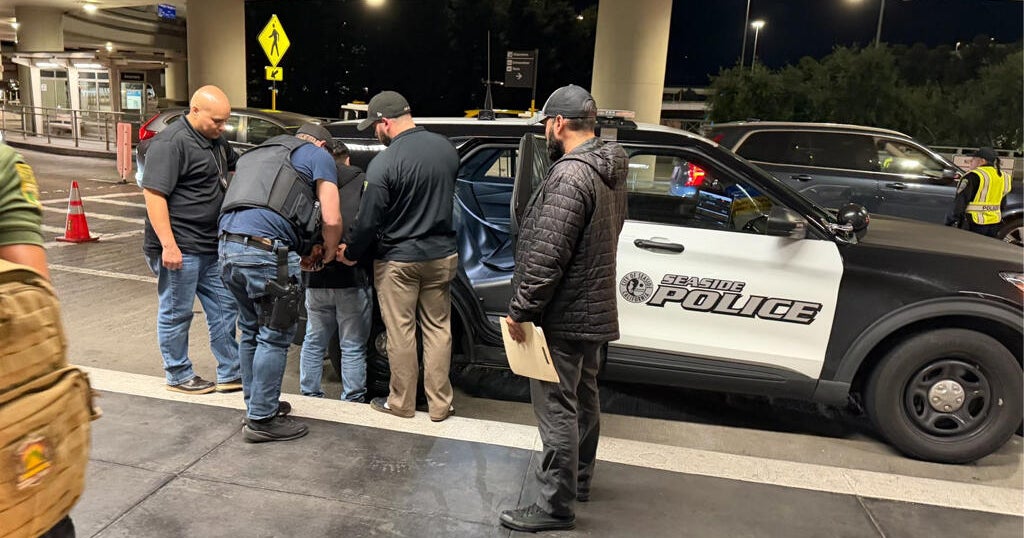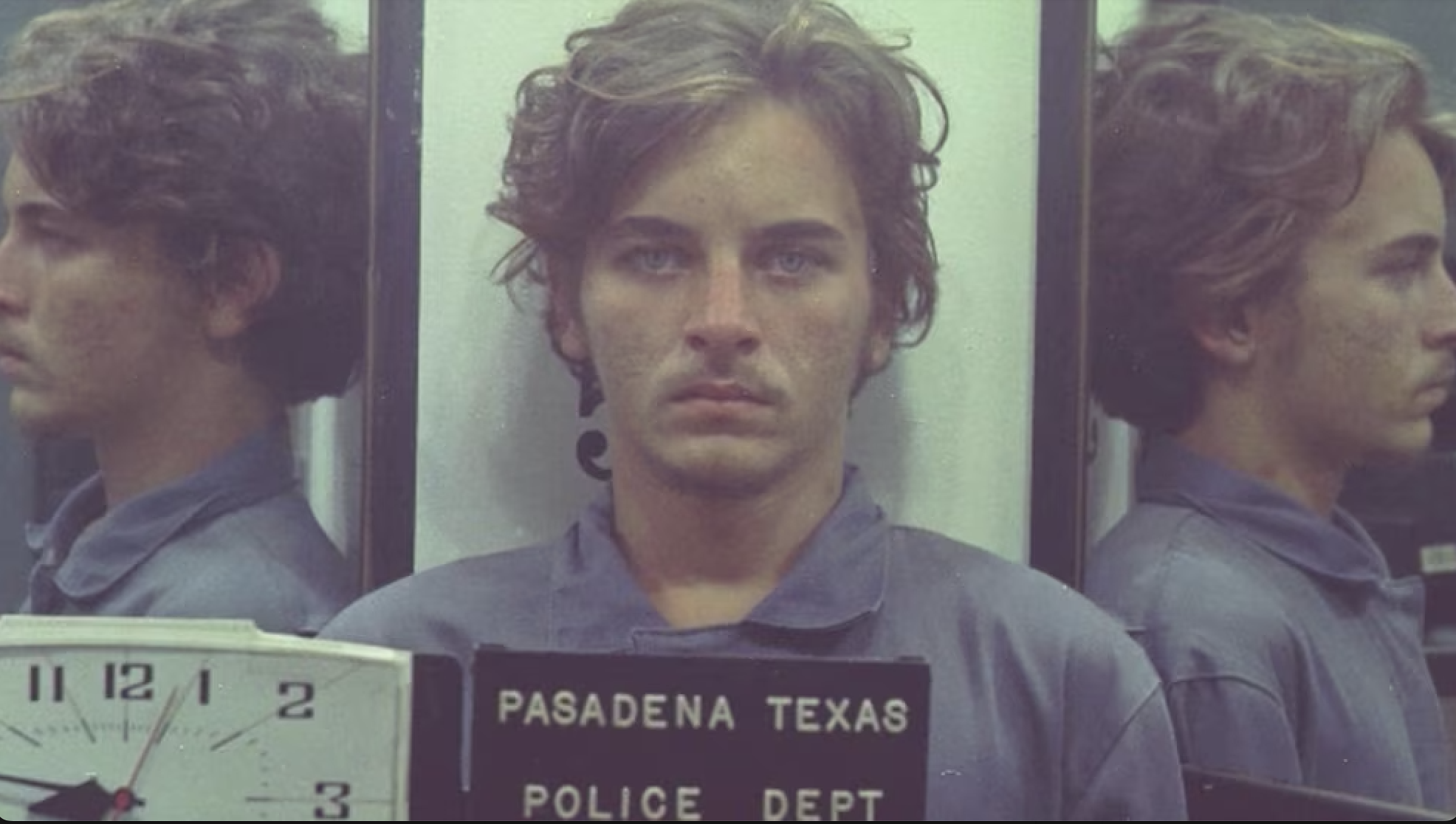Police-style handcuffs on Texas murder victim made investigators fear the killer was among them
On Jan. 14, 1995, Mary Catherine Edwards, 31, a beloved elementary school teacher, was found dead in her townhouse in Beaumont, Texas.
Her parents found her. It was a terrible scene: she was in her bathtub, handcuffed, and had been sexually assaulted. There were no signs of forced entry, which made investigators think she must know her killer. The police-grade Smith & Wesson handcuffs were always a big clue, but when detectives tried tracing the serial numbers, they came up empty. Early investigators questioned various law enforcement officers and came up with nothing either.
The case went cold, but as Beaumont Police Det. Aaron Lewallen told "48 Hours contributor Natalie Morales, "Could it have been someone that we knew?... It was almost like a ghost story told around the camp fire …" Morales reports on the search for answers in an encore of "Tracking the Killer of Mary Catherine Edwards," airing Saturday, Jan 10 at 9/8c on CBS and streaming on Paramount+.
Thanks to carefully preserved DNA from the crime scene and the advent of genetic genealogy, Det. Aaron Lewallen, his wife Tina Lewallen, also a detective — along with Brandon Bess, a Texas Ranger in the cold case division, and Shera LaPoint, a professional genealogist — spent almost three months working together in a nonstop push to finally solve the case.
After all the early leads and the suspicion that someone in law enforcement had been involved, the family tree they constructed revealed someone else. Their chief suspect turned out to be not a law enforcement officer, but a man who went to the same high school as Edwards: Clayton Foreman.
And then they learned that Edwards and her identical twin sister Allison had been bridesmaids in Foreman's first wedding. The sisters were good friends with his first wife, Dianna Coe, who also went to the same high school.
Coe remembers them fondly, telling Morales how kind they were to her when she moved to a new town and started a new school.
"I was new to the area … so, I knew no one. And they … just started talking to me and asked me my name … and we were friends from that point forward," Coe said.
The sisters were the first people Coe thought of to be bridesmaids at her wedding. She and Foreman stayed married for 11 years. They were divorced by the time of the murder, but in hindsight, Coe began to see things in a different, darker, light. She remembered her ex-husband's fascination with the police officers and their tools of the trade, like handcuffs and billy clubs. As Coe told Morales, "He had a billy club that he kept…by the bed. You know, said it was for protection. And I remember that he had ordered those handcuffs ... Well, he had them hung over the rearview mirror."
Coe also remembered a disturbing conversation with her ex-husband when she heard Edwards had been murdered and called to talk about it.
"I think I was, you know, crying and I said, 'oh, my God,' I said, 'somebody has murdered Catherine," Coe told "48 Hours." "And — and he goes, 'Oh, really?' Just like no emotion, which I thought that was odd."
A DNA match quickly established that Foreman had indeed been at the crime scene. And when Det. Aaron Lewallen and Ranger Bess went to question Foreman, they had an arrest warrant. They also brought something with them — something very symbolic.
Together, they had taken the time to work out an arrangement with the prosecutors so they could use the handcuffs taken as evidence at the crime scene. When they arrested Foreman for the murder of Edwards, they did so with the very handcuffs that had bound her the night she died. He wasn't one of them, but in the course of the investigation, they learned Foreman had been falsely claiming to be a police officer.
The handcuffs — such a focus in the beginning — came full circle at the end. Bess will never forget how it felt. As he told Morales, "It's a moment I'll never forget ... you feel like you got to do something for Catherine there ... You know, like physically got to do for her, is take those cuffs that bound her when she was murdered and put them back on the guy that murdered her ... It may seem small to some, but it was a really big deal to us, and it felt good."
The jury in Foreman's murder trial deliberated for less than an hour before finding him guilty of the murder of Edwards. Foreman was sentenced to life in prison.





